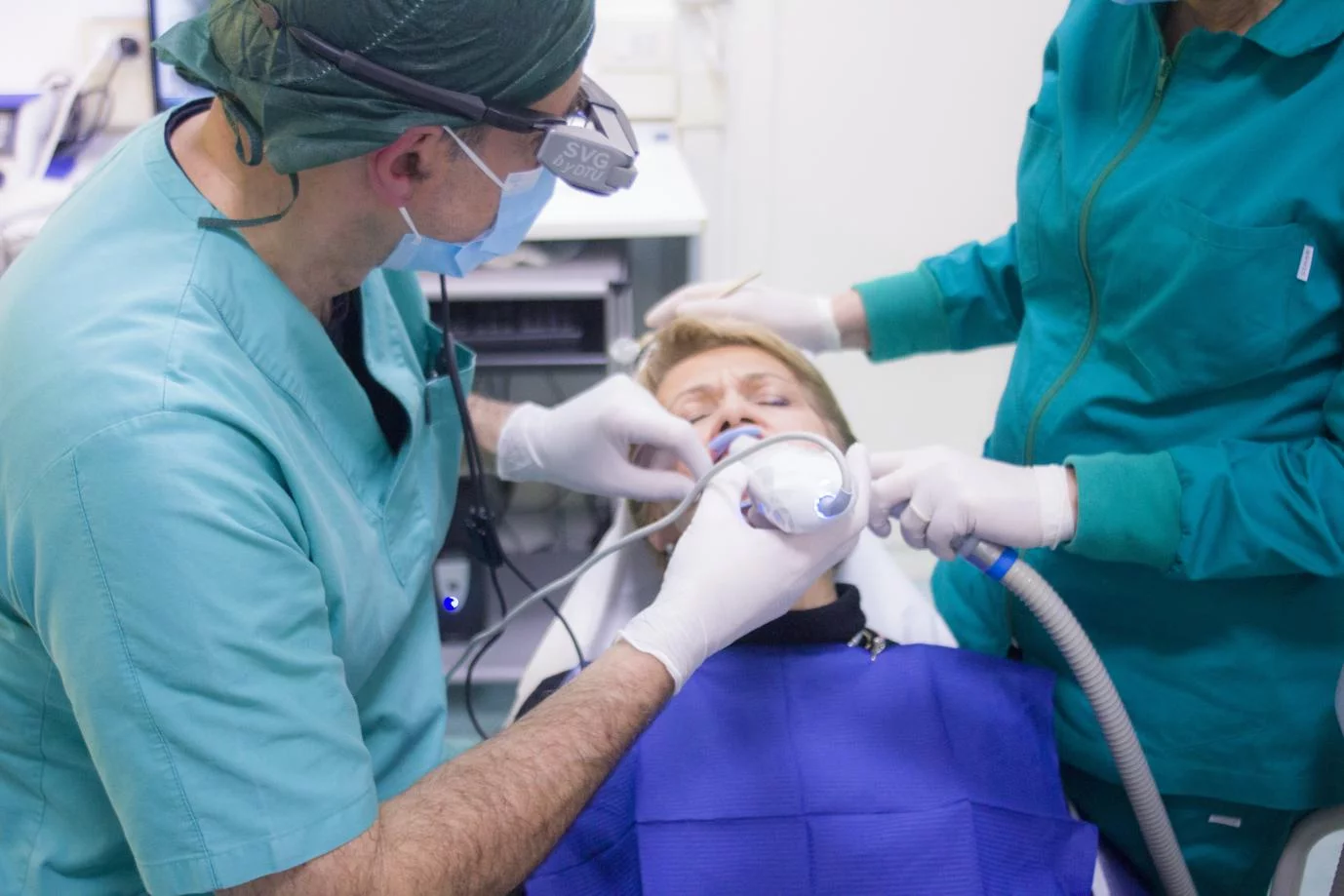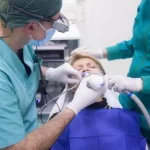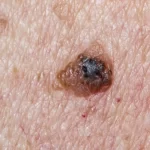What causes dry mouth (xerostomia)? The medicine you consume, both over-the-counter and prescription, can cause dry mouth. Don’t quit taking your medicine, but talk to your doctor or dentist about dry mouth if it gets a little troublesome for you. Also, smoking is known to cause dry mouth as well, so don’t start smoking again. Remember, prevention is always better than a cure.
How do I know if I have Xerostomia? Xerostomia occurs when there is an abnormality in the way the body swallows. This abnormality could be in the way the person swallows; they could experience difficulty in swallowing or their saliva may come out instead of their food or drink. The most common symptom of xerostomia is pain while swallowing, and this pain usually gets worse when the person tries to lie down. When looking at dental caries pictures or when asking patients about their symptoms, xerostomia patients are usually advised to position themselves so that the pain is not directed towards the back of their mouth. This positioning might be hard to do, so other treatment options are available.
What are some of the treatments for xerostomia? Prescription medications are available for those who experience dryness when swallowing. These are usually called antacids and they work by neutralizing the acids in the stomach to help increase saliva production and prevent dryness. General anesthesia is usually used for more severe cases and these can cause significant discomfort during the procedure.
Another treatment method used for those with xerostomia is desmopressin. This is a treatment consisting of an antacid that acts in the same way as antacids, only it does not contain acid. These medications are used with xerostomia by blocking the production of saliva. Some of these medications such as sucralfate, magnesium chloride, and magnesium sulfate are already well-known antacids that have minimal side effects. Sucralfate is found in some brands of Rolaids and it works by decreasing the rate of salivation and stimulating saliva production. Since it is more expensive than most over-the-counter medications, people usually combine it with other medications in order to lower its costs.
There are also natural remedies which can be used alongside prescription medications for treating dryness of the mouth. These are usually based on herbs or vitamins that can improve the salivary flow and prevent dryness. These natural products can be found in liquid or tablet forms that you swallow with a small amount of water. Most of these herbs come from plants with medicinal properties, which can treat and help with dryness of the mouth. Some of these herbs include milk thistle, which helps increase the flow of saliva and at the same time, reduce inflammation of the parotid glands.
Besides these herbs and vitamins, calcium salts and potassium salts are also found to be beneficial in treating the problem of dry mouth. Calcium salts are found in certain chewable tablets which help improve the salivary flow and at the same time, prevents dryness of the mouth. Potassium salts are present in certain chewing gums which act as additional agents in oral irrigation systems. These oral irrigation systems cleanse the oral mucosal surface to help prevent dryness and improve salivary flow.







 The Essential Guide to Digestive Enzymes Australia: Boost Your Gut Health
The Essential Guide to Digestive Enzymes Australia: Boost Your Gut Health  Latest Breakthroughs in Acne Treatment
Latest Breakthroughs in Acne Treatment  The Rise of Virtual Fitness Classes
The Rise of Virtual Fitness Classes  Fun and Creative Ways to Stay Active Indoors
Fun and Creative Ways to Stay Active Indoors  Linking Oral Health to Overall Wellbeing
Linking Oral Health to Overall Wellbeing  Can You Exercise While Pregnant?
Can You Exercise While Pregnant?  Is Skin Cancer Curable?
Is Skin Cancer Curable?  How Much Is Dental Bonding?
How Much Is Dental Bonding?  The Rise of Telemedicine and Its Impact on Healthcare
The Rise of Telemedicine and Its Impact on Healthcare 